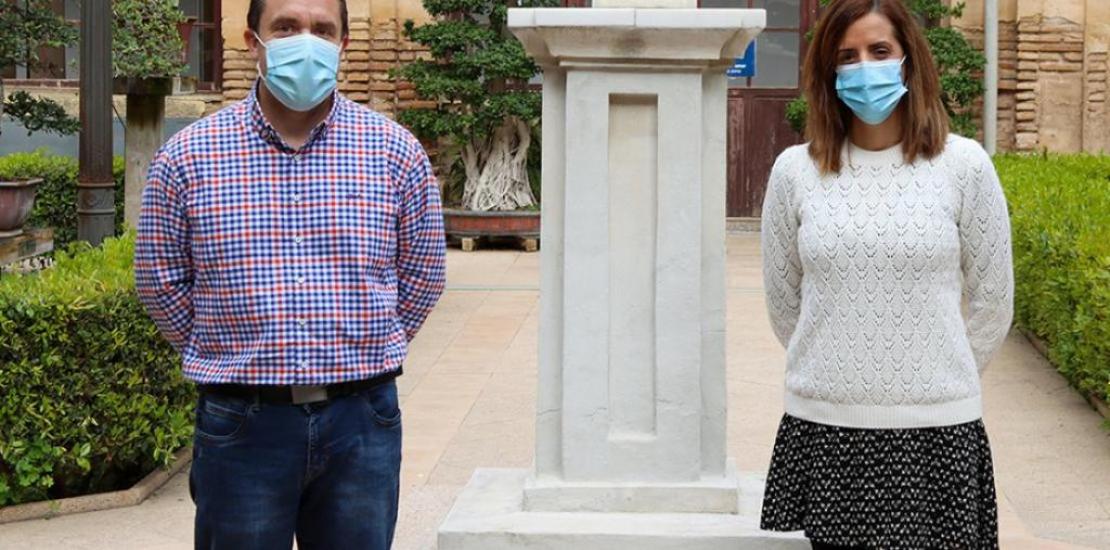An existing drug may block metastases in colorectal cancer
The development of this patent has been possible thanks to the study carried out by UCAM and the IMIB to find new drugs that act by reducing the migration and invasion of tumour cells
Colorectal cancer is one of the most frequent tumours in Spain, with 30,000 diagnoses per year. In the Region of Murcia alone, 110 new cases per 100,000 inhabitants were detected throughout the last years.
UCAM and the BioMedical Research Institute of Murcia (IMIB - Instituto Murciano de Investigación Biosanitaria) presented the first study results aimed at searching for drugs that act by reducing the migration and invasion of tumour cells; such study led to a patent.
Through computational chemistry techniques, the researchers studied different drugs that already approved for other diseases. They found a new use for the compound called Venetoclax; an antiapoptotic administered to treat acute myeloid leukaemia.
The researchers have demonstrated that Venetoclax can also be administered to inhibit the action of hepsin, a protein that makes it easier for colorectal cancer to spread through the body.
A drug to avoid metastases
After the effect of this drug on the pure protein was observed, experiments in cells were designed, together with the rest of the proteins of the tumour cell. During this second phase, it was observed that the drug produced inhibitory effects on the processes of tumorigenesis in which hepsin is involved.
Now, once the patent has been filled, the researchers are actively looking for private/public funding calls or companies interested in carrying out the clinical trials. It should be noted that Venetoclax, which is already used for the treatment of other diseases, is already approved for use in humans.
The development of this patent has been possible thanks to the collaboration between the researchers of the IMIB Irene Martínez Martínez, Alberto Carmona Bayonas, María del Carmen Ródenas Bleda, Julia Peñas Martínez and David Zaragoza Huesca; and the members of the Research group BIO-HPC of UCAM Horacio Pérez Sánchez and Jorge de la Peña García. This project has been funded by Spanish Ministry of Economy and Competitiveness MINECO (CTQ2017-87974-R),by the Fundación Séneca del Centro de Coordinación de la Investigación de la Región de Murcia (20988/PI/18), by Carlos III Health Institute & FEDER (PI17/00050) and the generous donations to Crowdfunding Precipita (FECYT).




